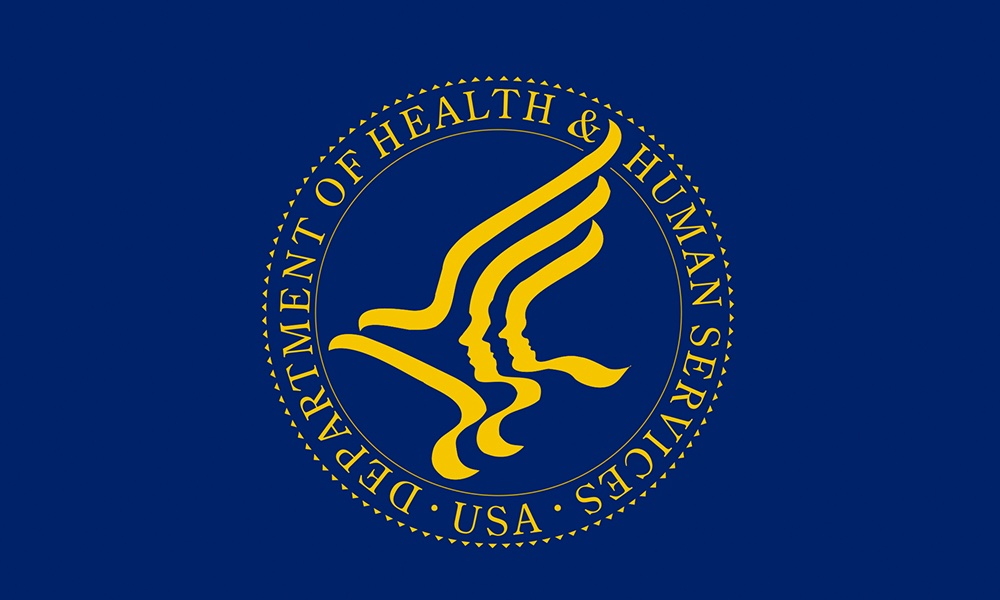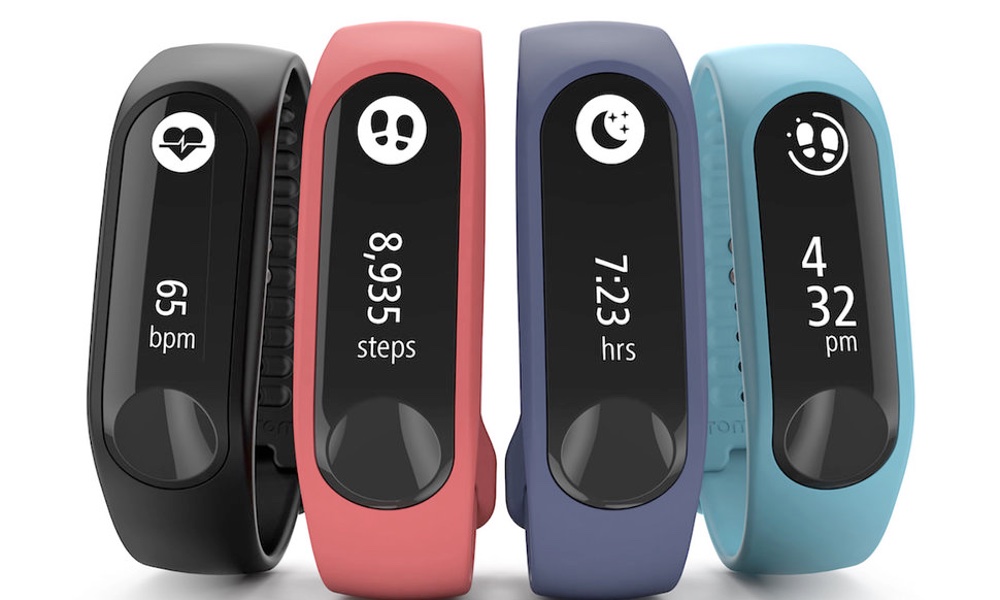The pandemic has made it clear that being lonely and having few opportunities for social interaction are not good for your mental or physical health. They raise a person’s risk of heart attack or stroke by 30 percent, according to a new scientific statement from the American Heart Association.
“Although social isolation and feeling lonely are related, they are not the same thing,” the chair of the writing group for the statement, Crystal Wiley Cené, professor of clinical medicine at the University of California San Diego Health, said in a statement. “Individuals can lead a relatively isolated life and not feel lonely, and conversely, people with many social contacts may still experience loneliness.”
Social isolation is defined as having infrequent in-person contact with people for social relationships — whether in their communities or work or interest groups. Loneliness is a feeling that you have less connection with others than you desire.
“Over four decades of research has clearly demonstrated that social isolation and loneliness are both associated with adverse health outcomes,” Cené said. “Given the prevalence of social disconnectedness across the U.S., the public health impact is quite significant.”“Individuals can lead a relatively isolated life and not feel lonely, and conversely, people with many social contacts may still experience loneliness.”
Aging often brings loneliness and social isolation, and this contributes to the risk to seniors’ heart health. Older people may be less able to get around to attend social gatherings or even be out in the community. Spouses and friends die, shrinking one’s social network.
Online life and the quarantines associated with the COVID-19 pandemic have meant that younger adults also have suffered from depression and anxiety, both common forms of emotional fallout from loneliness and social isolation. While the AHA estimates that about 25 percent of adults 65 and over are socially isolated, prevalence of loneliness may be over 40 percent. The mental health of young adults, ages 18-22, has also taken a hit from loneliness and social isolation.
When the AHA’s writing group reviewed research on social isolation published through July 2021, they found social isolation and loneliness are common, yet under-recognized determinants of cardiovascular and brain health. And their impact can start early: Social isolation during childhood can increase cardiovascular risk factors such as obesity, high blood pressure and elevated blood glucose levels in adulthood.
They also found:
- A lack of social connection is associated with increased risk of premature death from all causes, especially among men.
- Isolation and loneliness are associated with elevated inflammatory markers, and individuals who were less socially connected were more likely to experience physiological symptoms of chronic stress.
- The relationship between social isolation and emotional health goes both ways: depression may lead to social isolation, and social isolation may increase the likelihood of depression.
A clear link was evident among social isolation, loneliness and death from heart disease and stroke. The risk of heart attack and/or heart disease death increased by 29 percent among people who were lonely or socially isolated. There was a 32 percent increased risk of stroke and stroke death.
Heart patients who also had to contend with social isolation and loneliness had a two- to three-fold increase in death during a six-year follow-up study. Heart failure survival rates over five years were lower for people who were socially isolated, compared to individuals with more social contacts and who were not depressed.
There are some proven ways to ease social isolation. Picking up the phone, more than texting or messaging, has been found to create a sense of connection. Fitness programs and recreational activities at senior centers, as well as interventions addressing negative thoughts of self-worth and other negative thinking can also help reduce isolation and loneliness. No research aimed at reducing social isolation with the specific goal of improving cardiovascular health was identified in the review, however.
Similarly, more research is needed to understand how social isolation and loneliness impact cardiovascular and brain health in people from under-represented racial and ethnic groups, lesbian, gay, bisexual, transgender and queer (LGBTQ) individuals, and people with physical disabilities.
“It is unclear whether actually being isolated (social isolation) or feeling isolated (loneliness) matters most for cardiovascular and brain health because only a few studies have examined both in the same sample,” Cené said. “More research is needed to examine the associations among social isolation, loneliness, coronary heart disease, stroke, dementia and cognitive impairment, and to better understand the mechanisms by which social isolation and loneliness influence cardiovascular and brain health outcomes.”
The Scientific Statement is published in the Journal of the American Heart Association.





